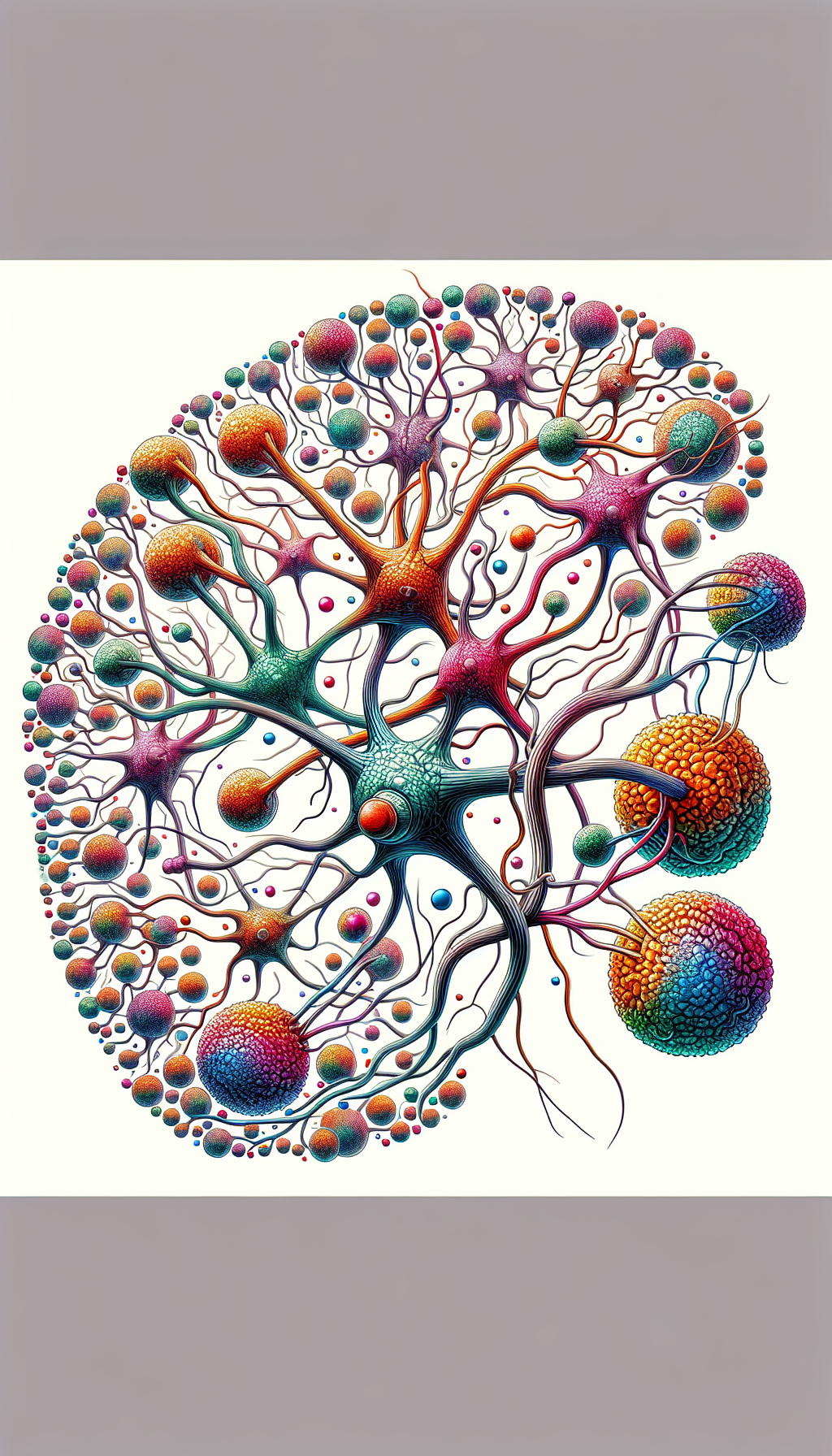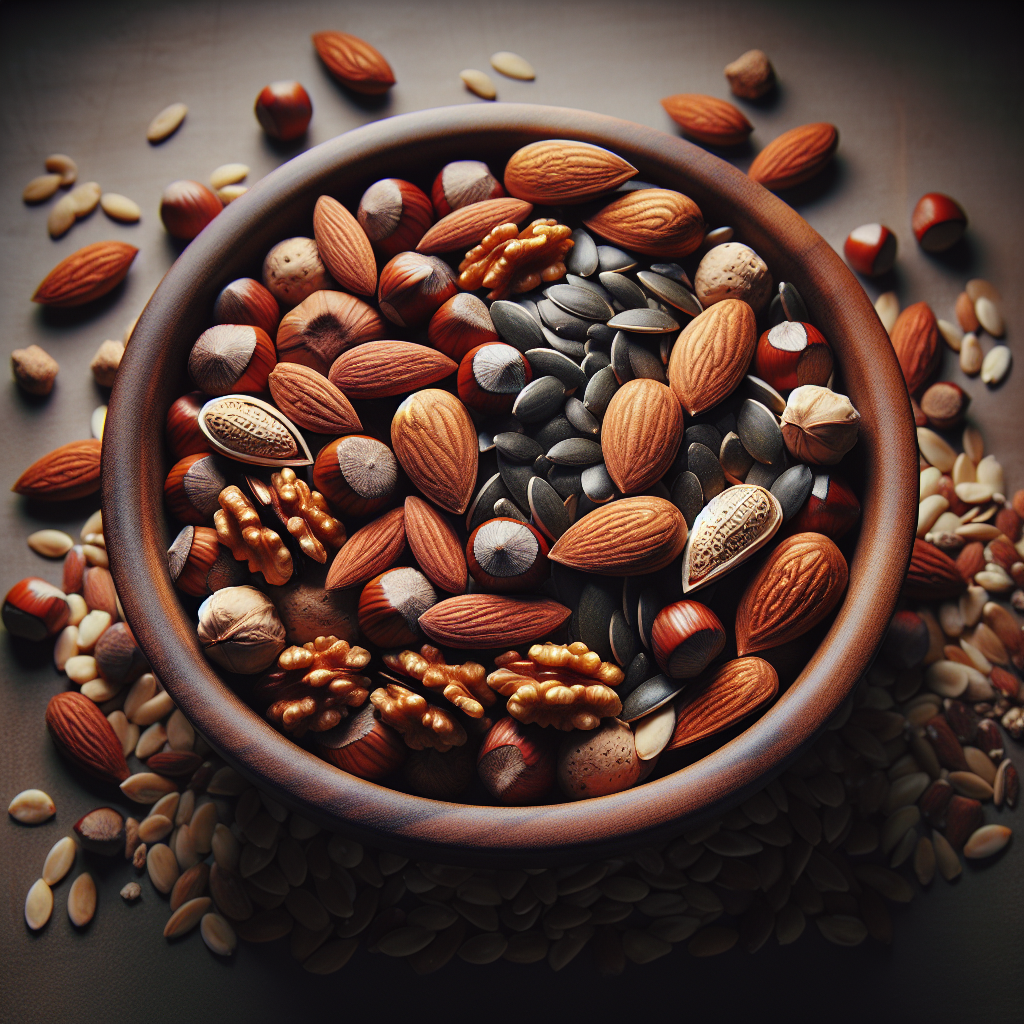As the global population ages, the quest for maintaining a healthy and active brain throughout life has become a priority. One avenue that has shown promise in the prevention of brain aging is the consumption of antioxidant-rich foods. This article delves into how these foods can safeguard our cognitive functions and contribute to overall brain health, a topic that aligns seamlessly with the broader context of Brain Health.
Understanding Brain Aging
Brain aging is a natural process that can lead to a decline in cognitive abilities, including memory retention, learning capacity, and problem-solving skills. Factors such as oxidative stress and inflammation have been implicated in accelerating brain aging and contributing to neurodegenerative diseases like Alzheimer’s and Parkinson’s.
Antioxidants: The Brain’s Shield
Antioxidants are compounds that neutralize free radicals, unstable molecules that can cause cellular damage when their levels become too high in the body. Foods rich in antioxidants play an essential role in mitigating the damage caused by oxidative stress, one of the key contributors to brain aging.
The Impact of Foods High in Antioxidants
Certain foods are particularly abundant in antioxidants and have been associated with a lower risk of cognitive decline. These include:
- Berries: Strawberries, blueberries, and blackberries are packed with flavonoids, which have been shown to improve memory function.
- Leafy greens: Spinach, kale, and collard greens are sources of beta-carotene and vitamin E, which may help protect the brain.
- Nuts and seeds: Almonds, walnuts, and sunflower seeds contain vitamin E, an antioxidant that could help ward off cognitive decline.
Incorporating these foods into your diet could be a strategic approach to preserving brain function as you age.
Research on Antioxidants and Brain Health
Research has consistently supported the notion that diets rich in antioxidants can have a protective effect on the brain. One study found that individuals who consumed more fruits and vegetables had a reduced rate of cognitive decline compared to those with a lower intake of these antioxidant-rich foods.
Moreover, as we consider the relationship between our diet and cognitive functions, it’s important to also focus on other lifestyle factors that contribute to brain health. Engaging in regular exercise and adopting a lifestyle that includes brain activities, such as playing brain training games, can also enhance cognitive reserve and resilience against age-related decline.
Synergistic Lifestyle Approaches
While diet is a cornerstone of brain health, a holistic approach that combines multiple strategies is even more effective. For instance, combating brain fog through diet and lifestyle adjustments can lead to clearer thinking and better concentration. Similarly, understanding the effects of nootropics on brain function can aid in making informed choices about supplementation to support cognitive health.
External Resources for Further Reading
For those interested in deepening their knowledge, here are some niche resources:
- The Neuroscience of Aging: A scholarly article providing a comprehensive overview of the neurobiological changes that occur with aging and how antioxidants may affect these processes. Read More.
- Dietary Antioxidants and Brain Health: A detailed exploration of the various antioxidants found in everyday foods and their specific effects on brain health. Explore Further.
- Clinical Trials: Information on ongoing clinical trials investigating the effects of antioxidants on cognitive function and brain aging. Find Trials.
Practical Tips for Incorporating Antioxidants into Your Diet
To make the most out of the brain-protective properties of antioxidants, consider the following tips:
- Variety is Key: Eat a diverse range of fruits and vegetables to ensure you’re getting different types of antioxidants.
- Whole Foods Over Supplements: While supplements can be beneficial, obtaining antioxidants from whole foods is preferable for the additional nutrients they provide.
- Consistency Matters: Make antioxidant-rich foods a regular part of your diet rather than an occasional treat.
Conclusion
The role of antioxidant-rich foods in preventing brain aging is an area that continues to excite researchers and healthcare professionals alike. By understanding the impact of these nutrients and incorporating them into a well-rounded, health-conscious lifestyle, we can take proactive steps towards maintaining cognitive function and enhancing our quality of life as we age.
Remember that the journey to a healthier brain is a multifaceted one, involving diet, physical activity, mental exercises, and social engagement. By embracing this holistic approach, you are well on your way to supporting your brain’s health for years to come.



